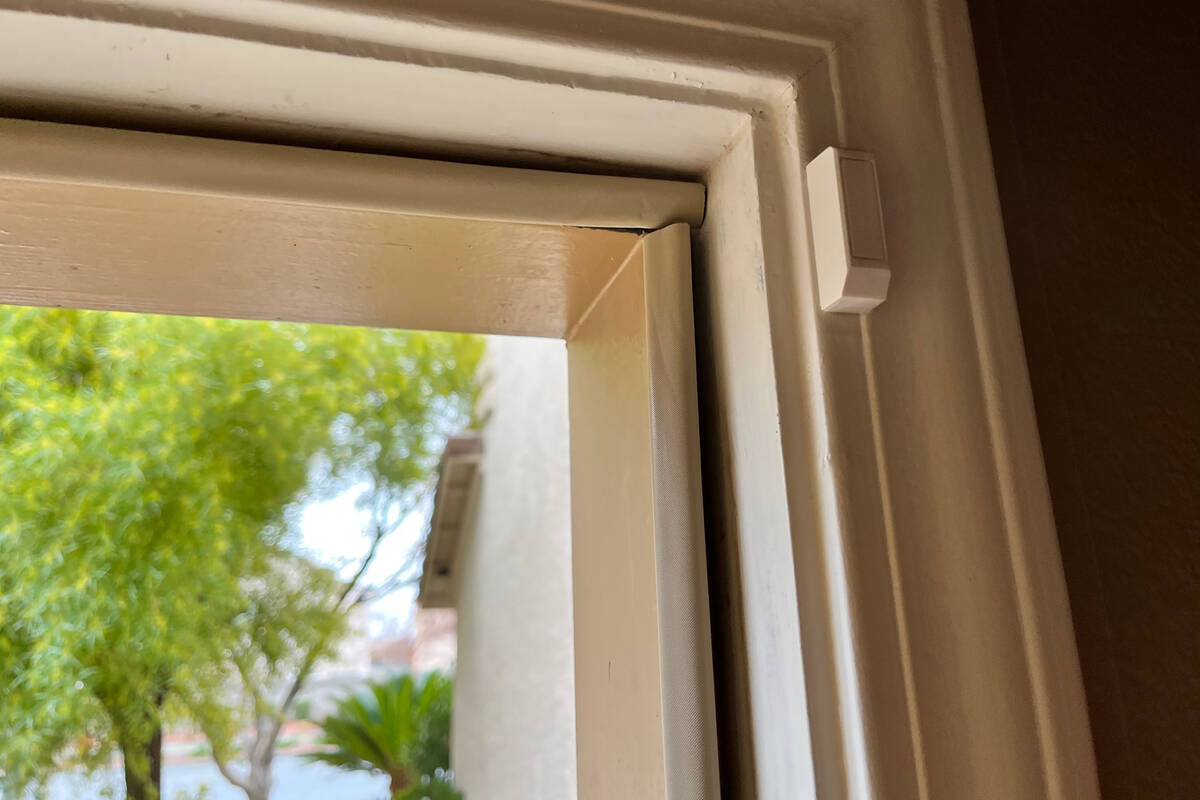How to know when it’s time to replace weatherstripping

Q: I can see sunlight sneaking in through the weatherstripping in my front door. I know it’s time to replace the weatherstripping, but what type should I buy?
A: The short answer: It depends upon the type of door and jambs that you have.
It’s a good idea to change the weatherstripping, as in your case, when you see daylight or, in my case, when you smell something foul. Let me explain.
It was the beginning of summer, when it started to get really hot. I got lazy, and instead of taking the trash outside, I just threw the bag in the garage.
As luck would have it, my air conditioner’s return grill is located close to the garage entry door. The return grill is where air enters the air-conditioning system to be cooled and redistributed throughout the house.
When I came home that night, my whole house smelled like garbage. As the air conditioner was sucking air into the return grill, the rancid garbage smell was sneaking past my old weatherstripping and into the house, only to be picked up by the A/C unit and blown into all of the rooms. I wasn’t much in the mood for dinner.
Replacing old weatherstripping is inexpensive and important in saving energy. In my case, not only was a bad smell getting into my house, but so was a lot of hot outside air.
The weatherstripping I like best is shaped like the letter “V” and is made of foam and covered in thin vinyl (known as Q-Lon). An 8-foot length costs about $15.
This type has a barb that slides into a groove in your doorjamb. Remove the old stuff by prying one end out with a screwdriver or putty knife and then lift out the rest. Be careful not to damage the jambs when removing this type of weatherstripping.
Install the new stuff by pushing the barb into the jamb’s groove. Start at one end with a screwdriver and push in the rest.
There are also several peel-and-stick products available. As the name suggests, you peel off the backing and stick it in place to fill any gaps.
You can also buy rigid metal weatherstripping that screws into place. On the edge of the metal is a hollow flexible tube that compresses when contact is made. The whole idea behind weatherstripping is that contact must be made to prevent the loss of air.
Also, look at your door’s threshold and bottom. This area gets more wear than the weatherstripping on the jambs. When the door opens, the threshold rubs against the bottom of the door, and over time erodes it enough to cause an air leak.
Depending upon the type of threshold you have, you may be able to buy replacements for the worn parts. The old rubber should just pry out of the grooves and be replaced by pushing in the new rubber.
Look at the bottom of the door. There will be a sweep that contacts the threshold to make a good seal. This sweep is easy to replace. It will either pull out of its grooves from a retainer on the bottom of the door, or it will unscrew from the back of the door. If it looks too troublesome, just take the whole sweep assembly off and slide a new one on; it’s a matter of only five screws.
Mike Klimek is a licensed contractor and owner of Las Vegas Handyman. Send questions to handymanoflasvegas@msn.com or 4710 W. Dewey Drive, No. 100, Las Vegas, NV 89118. Visit handymanoflasvegas.com.